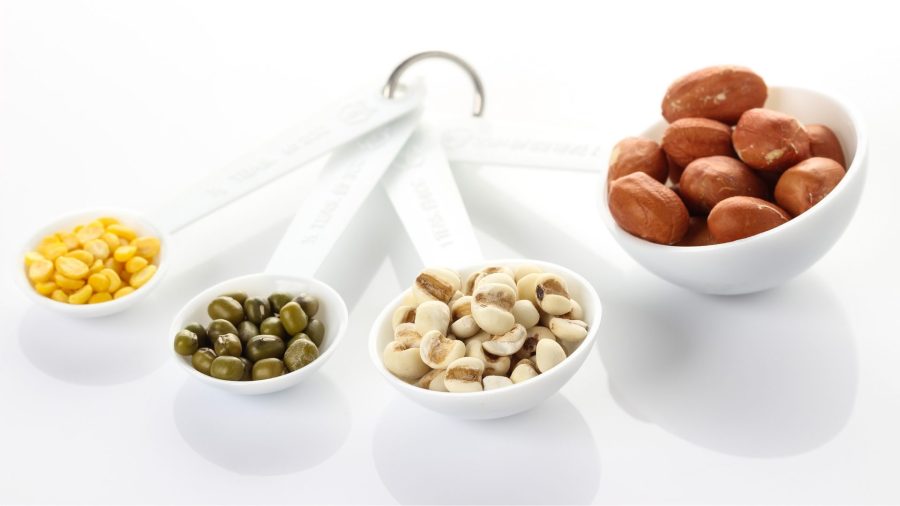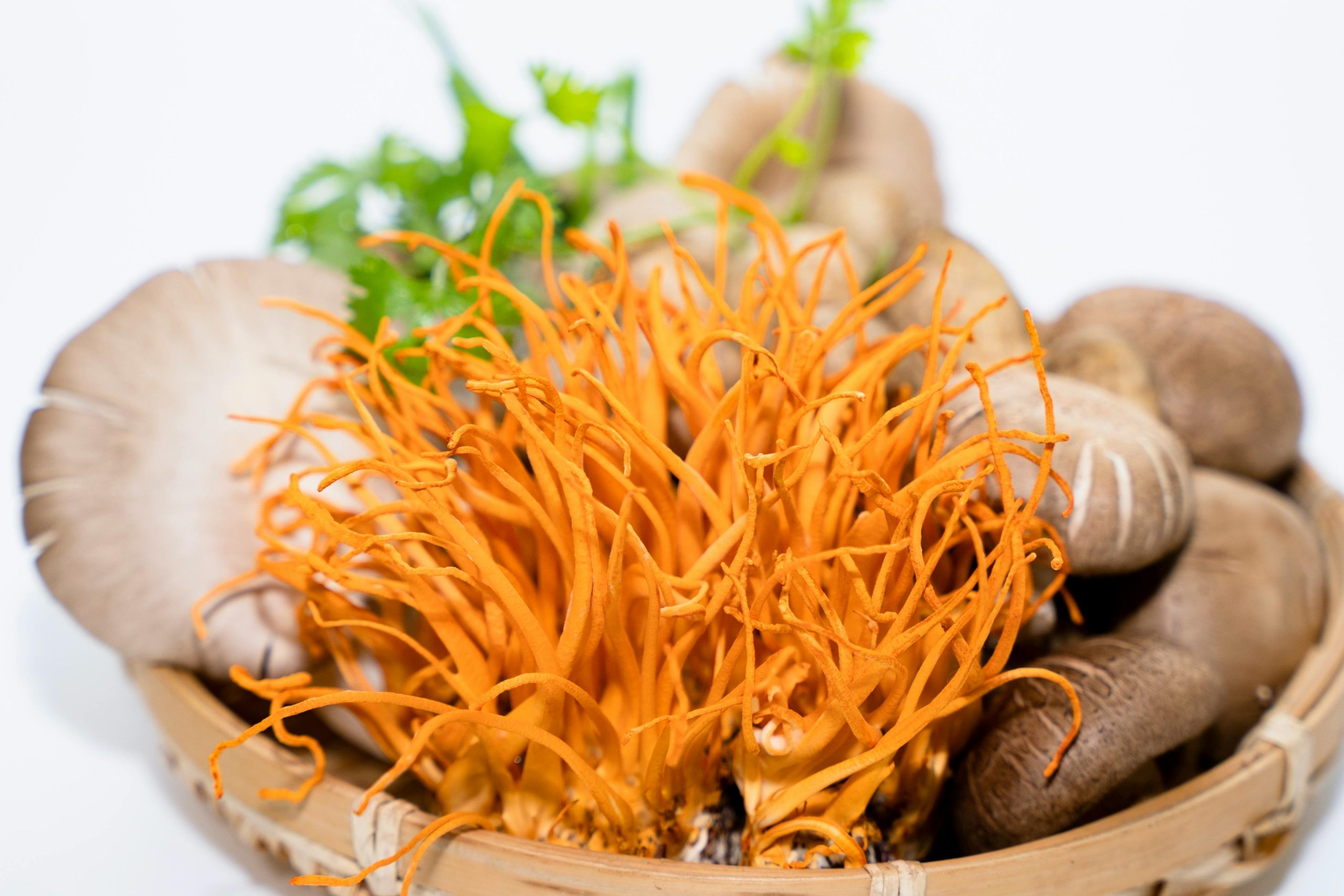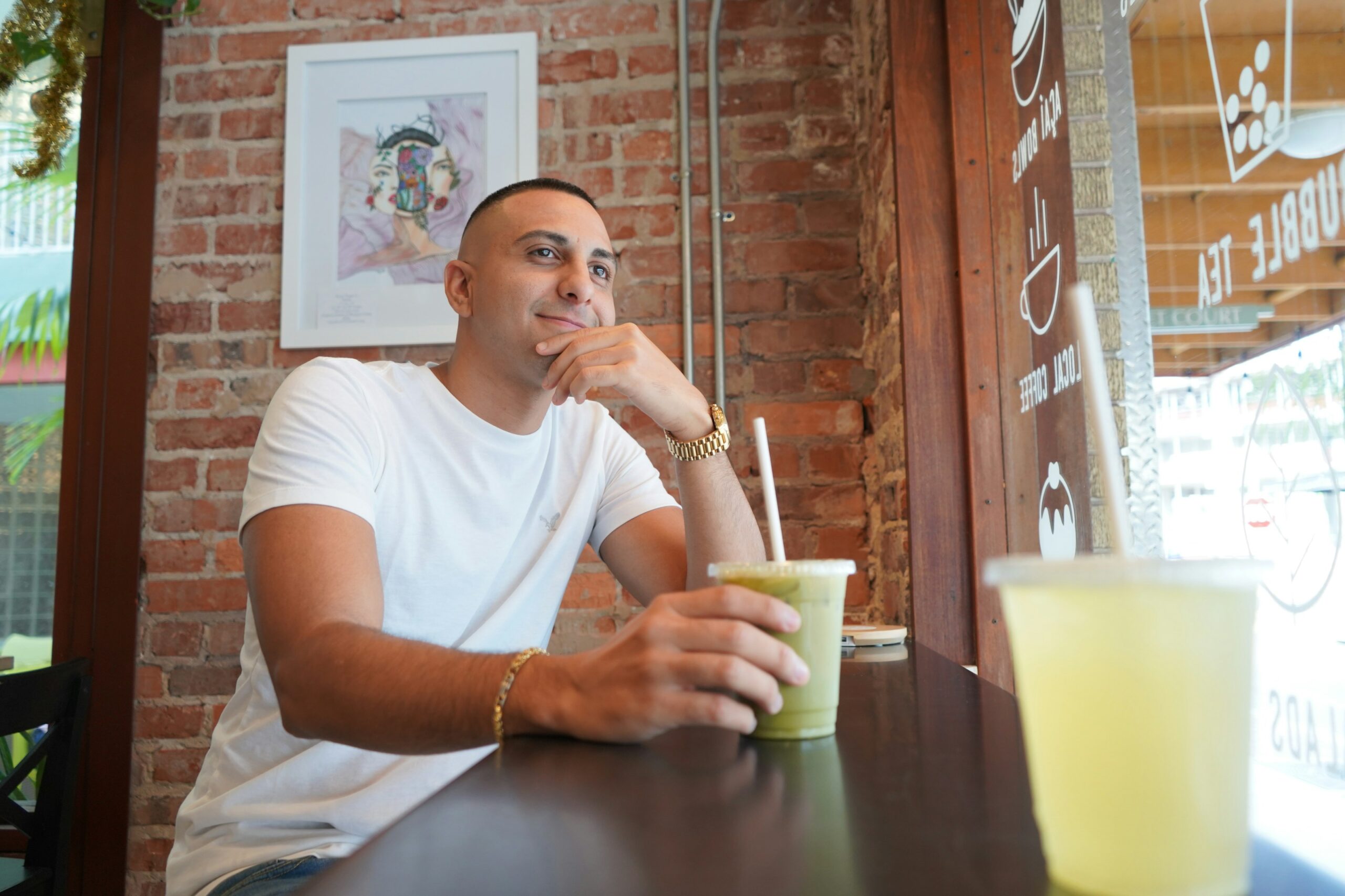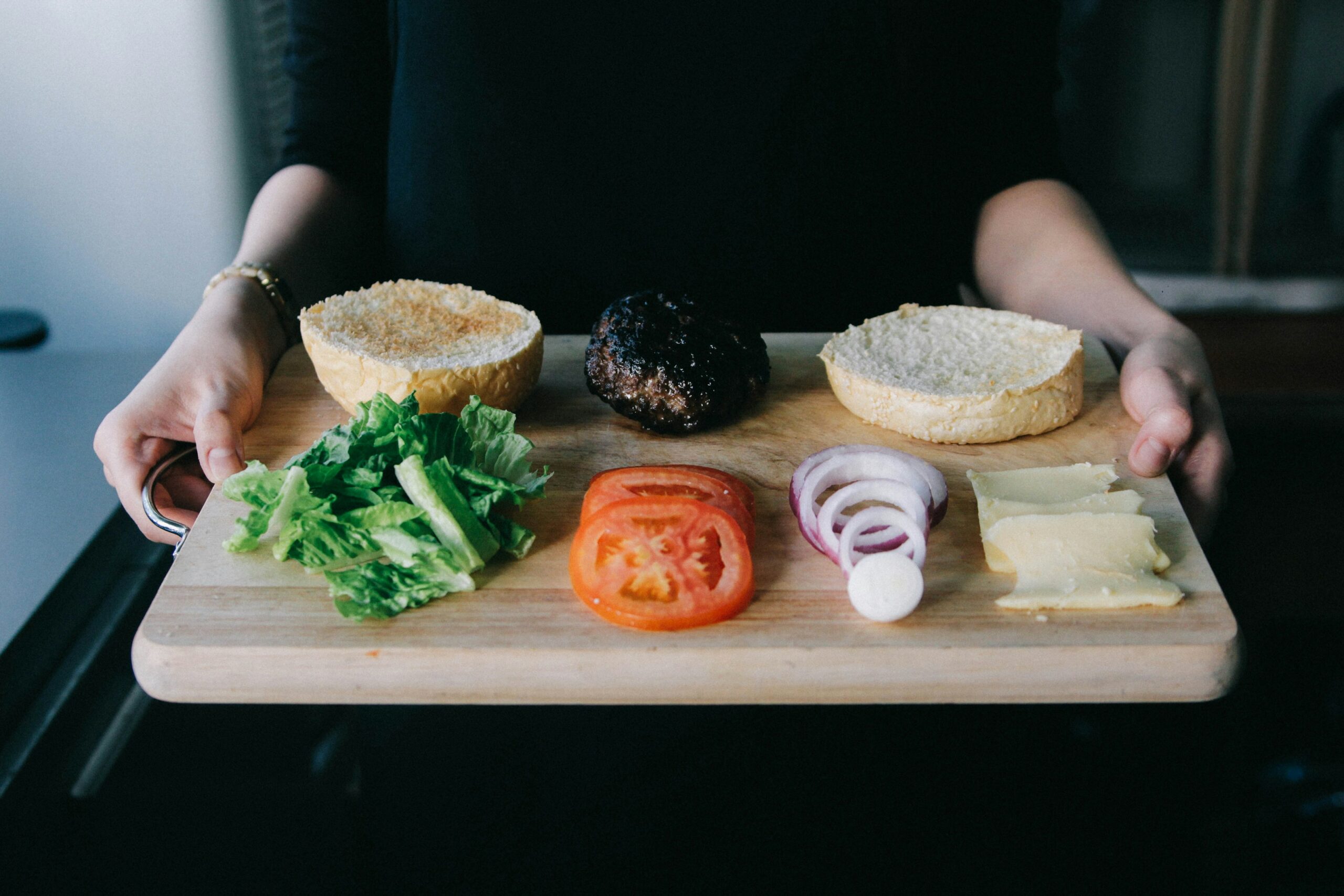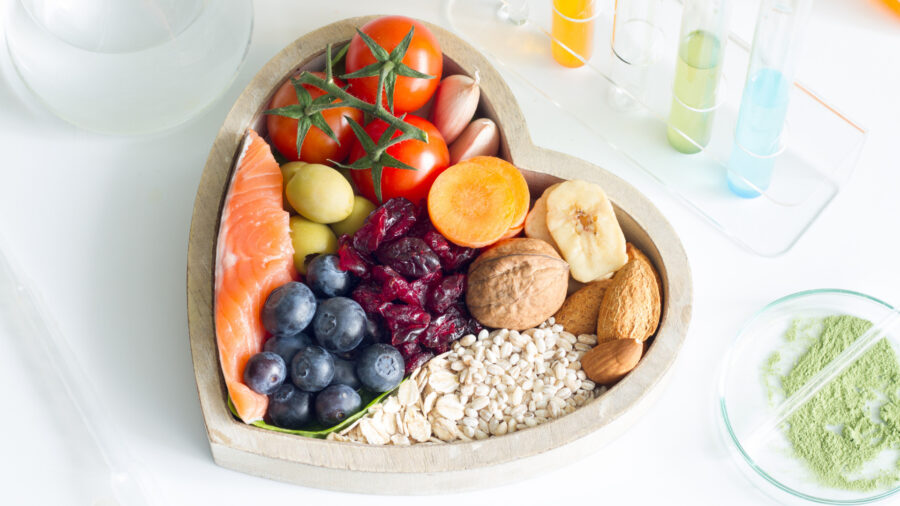When Dr. William Li speaks, people tend to listen.
Li’s TED Talk, “Can We Eat to Starve Cancer?” garnered more than 11 million listens. He has appeared on Good Morning America, CNBC, and The Dr. Oz Show, and been featured in Time Magazine. Thus, Li’s words carry weight.
That might explain why his theory of promoting “food doses” appears to be gathering steam. In the same vein as thinking of food as medicine, Li feels that pantry staples like navy beans, tree nuts, and beets can greatly improve health if eaten on a weekly basis.
“Most of the research done so far has revealed the doses of food needed to generate a positive benefit are quite reasonable for anyone to attain,” Li told The Food Institute. “So, this is good news for anyone who wants to eat to beat disease on an everyday basis.”
According to the American Hospital Association, about 157 million Americans suffer from at least one chronic medical condition, a fact that helps explain Li’s motivation for promoting food dosing. The doctor explained that food dosing is a concept similar to how pharmaceuticals have a prescribed dosage that guides patients in how often to use them.
“The concept of food dosing is very much central to food as medicine research,” Li said. “For a food to have a beneficial effect on health or against disease, it is vital from research to know ‘how much’ and ‘how often’ the food under study is given to have the outcome measured. Food doses are calculated from studies showing specific health benefits of food.”
Li, who serves as the president and medical director of the Angiogenesis Foundation, recommends the following food doses, as he recently noted on the Rachael Ray Show:
- Navy Beans: 5 cups per week (to level out metabolism, Li said)
- Tree Nuts: 1 ounce twice a week (to kill cancer cells)
- Spices (i.e. red pepper, cumin, basil, rosemary, thyme): 1 ⅓ teaspoons per meal (to lower blood pressure)
- Spinach & Beets: 1 cup of cooked spinach or 1 cup of beet juice per week (to lower blood pressure)
Li – who authored the New York Times bestseller Eat to Beat Disease: The New Science of How Your Body Can Heal Itself – hopes to re-direct the public from the notion that ‘more is better’ to ‘a reasonable amount is just fine.’
“Doctors and nutritionists are paying close attention to the data on food doses,” Li said, “because the amount and frequency provides a framework for advising patients.”


